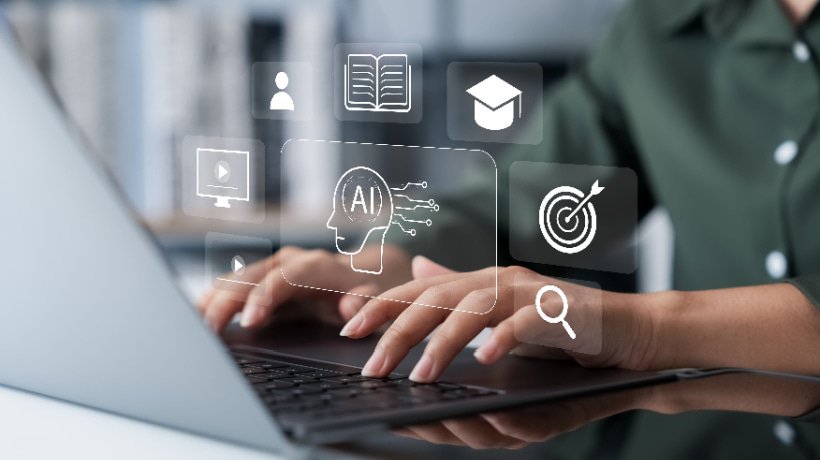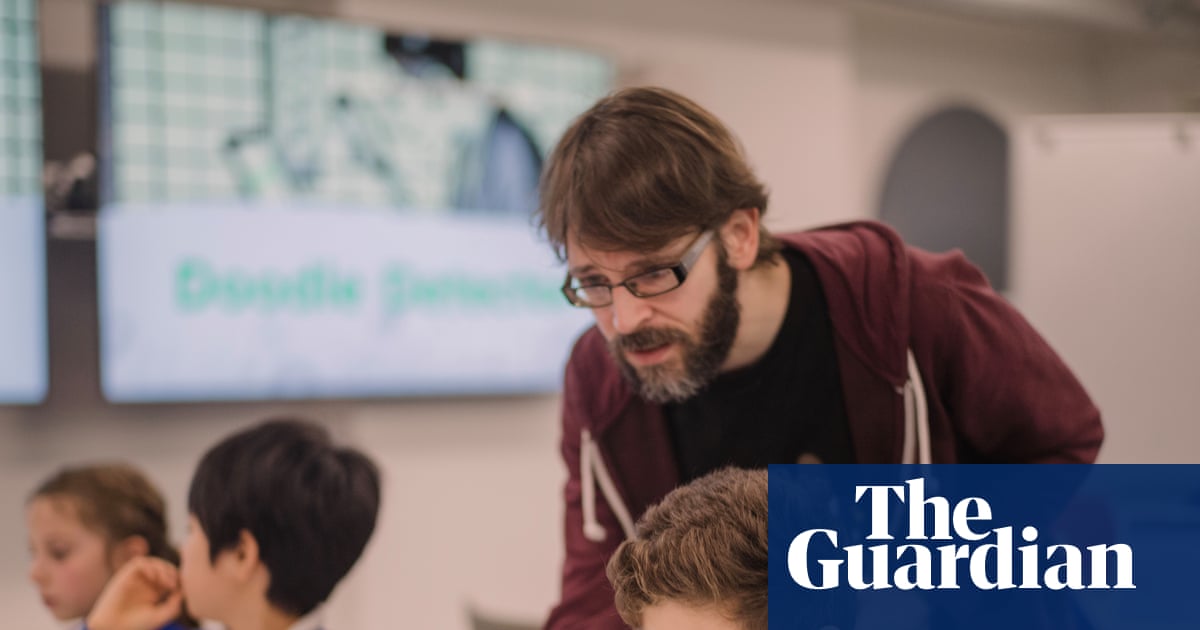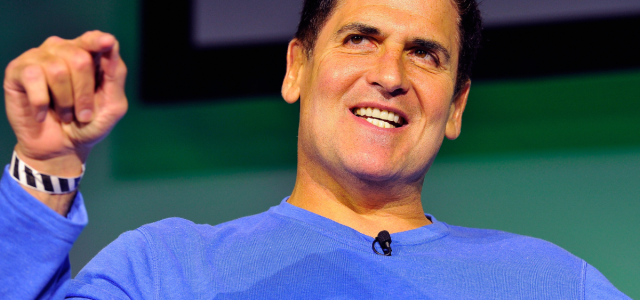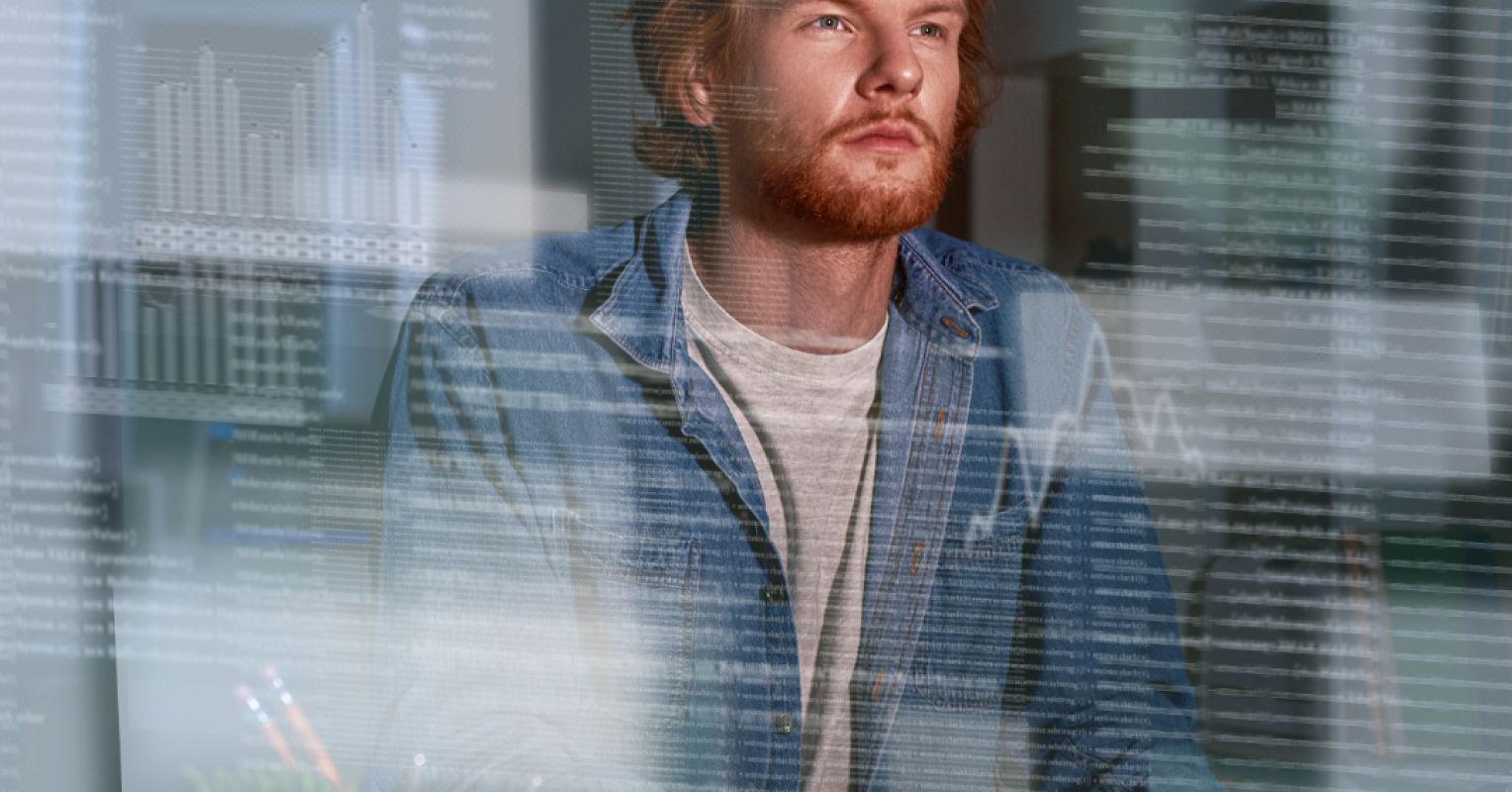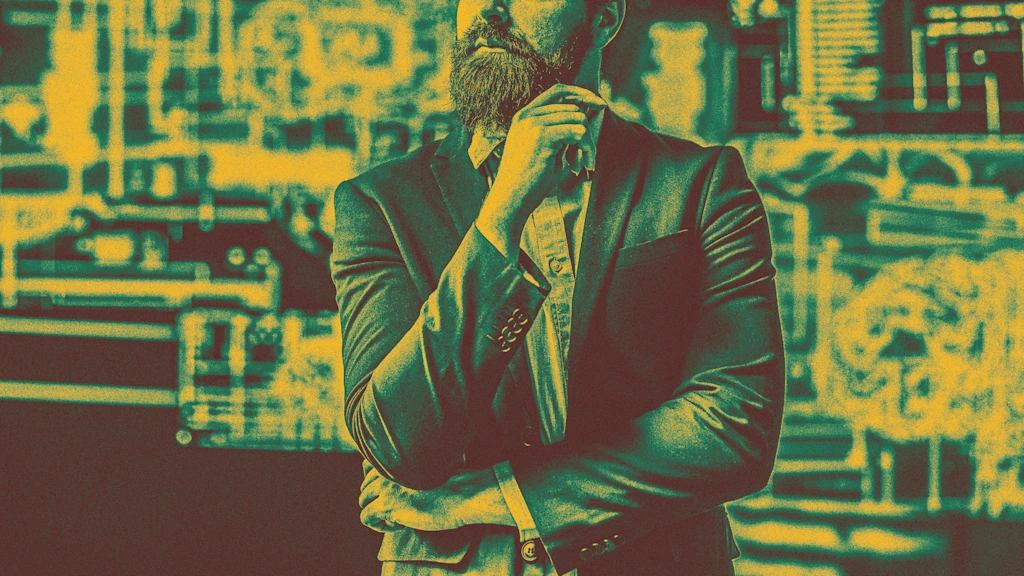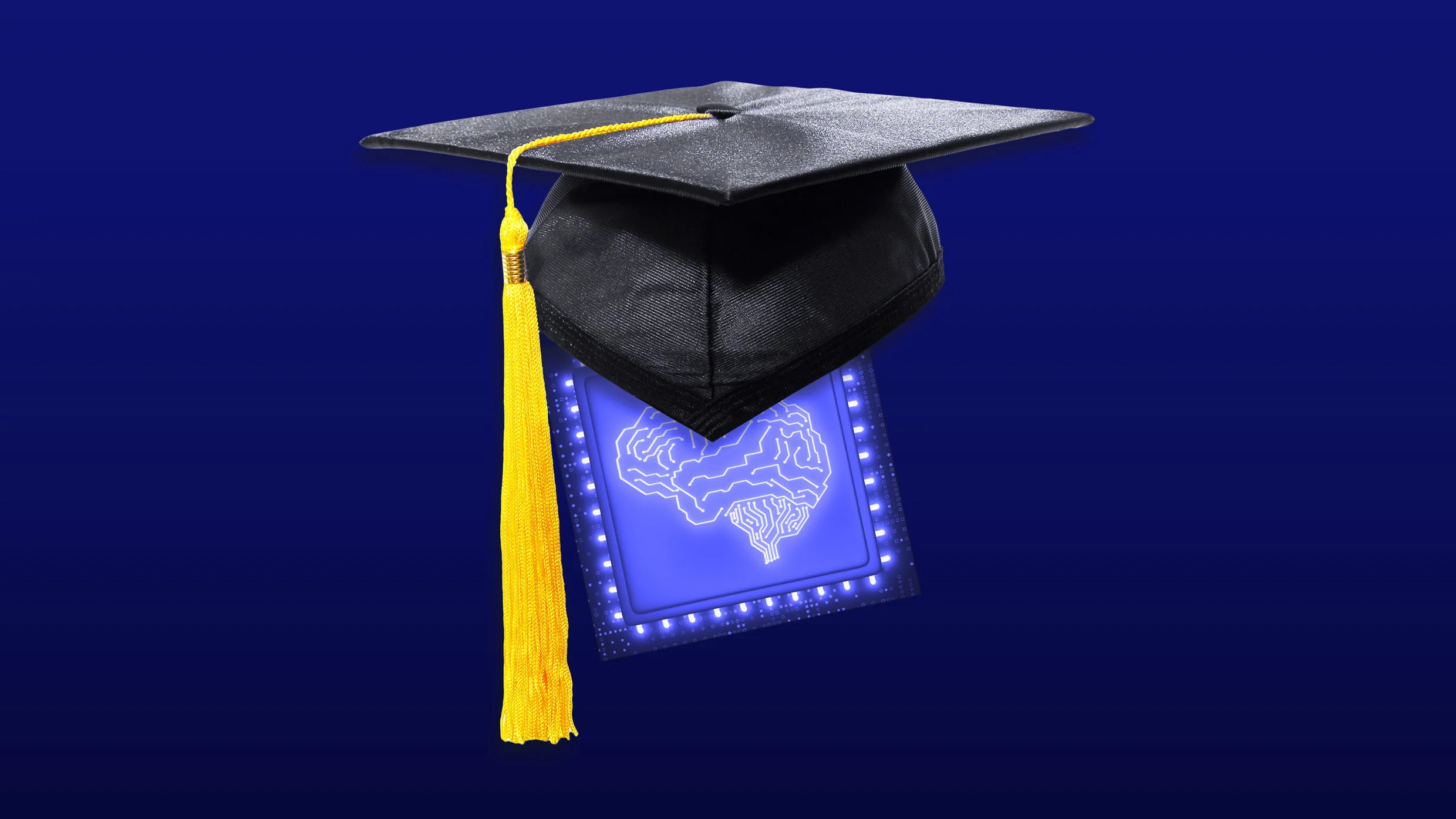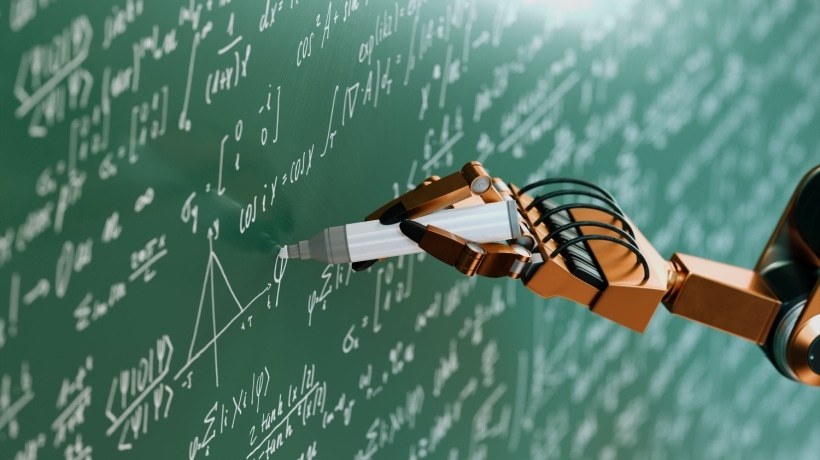fromInside Higher Ed | Higher Education News, Events and Jobs
4 days agoDeVry Embeds AI Literacy in All Courses
"What I've realized from talking to employers and watching workforce trends is AI skills are going to be a baseline and a necessity, and perhaps may even be a basic requirement for job descriptions," Awwad said. "So we've got to take ownership of that as educators, and we've got to get our students prepared for what's happening."
Higher education




